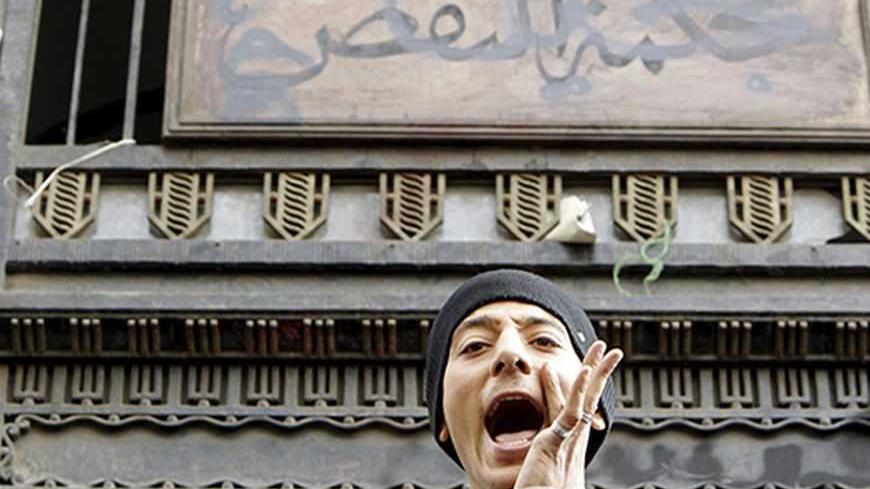Two days ago, Egypt’s main opposition group, the National Salvation Front (NSF), officially announced its intention to boycott the upcoming parliamentary elections. The momentous announcement came following a public call by the group’s co-ordinator general, former presidential candidate and head of the Constitution party Mohammed ElBaradei, for such a boycott and after his party had also announced its intentions not to run as well. The move itself, which had been threatened by the opposition for a while now, was in response to what the NSF saw as the continued refusal by the president and the Muslim Brotherhood to address its familiar core and long-standing demands, including sacking what they describe as a hand-picked prosecutor-general, setting a clear track for amending the constitution, as well as bringing forth a new government rather than the seemingly failing Qandil cabinet.
But the breaking point itself appeared to have been when the president had officially adopted the new electoral law, and called for parliamentary elections beginning late April. The law, the revision of which has been one of the main demands of the NSF, had originally been tossed out by the constitutional court, sent back to the Islamist-dominated upper house Shura Council to amend 10 articles in it. The council did indeed amend it, but all in a one-day marathon session rather than holding a broader debate on it as the NSF and others had demanded as well. Further, the Shura council decided not to resend the law to the Constitutional Court for review, arguing that it was not obliged to do so and that it allegedly complied with those amendments with the court’s requests. Other than further angering the opposition, this act started yet another debate on whether or not this next parliament’s legal status is actually protected from yet another potential exasperating dissolution. The opposition also went further and accused the new law of gerrymandering electoral districts in favour of the Islamists, a claim echoed around by many.



